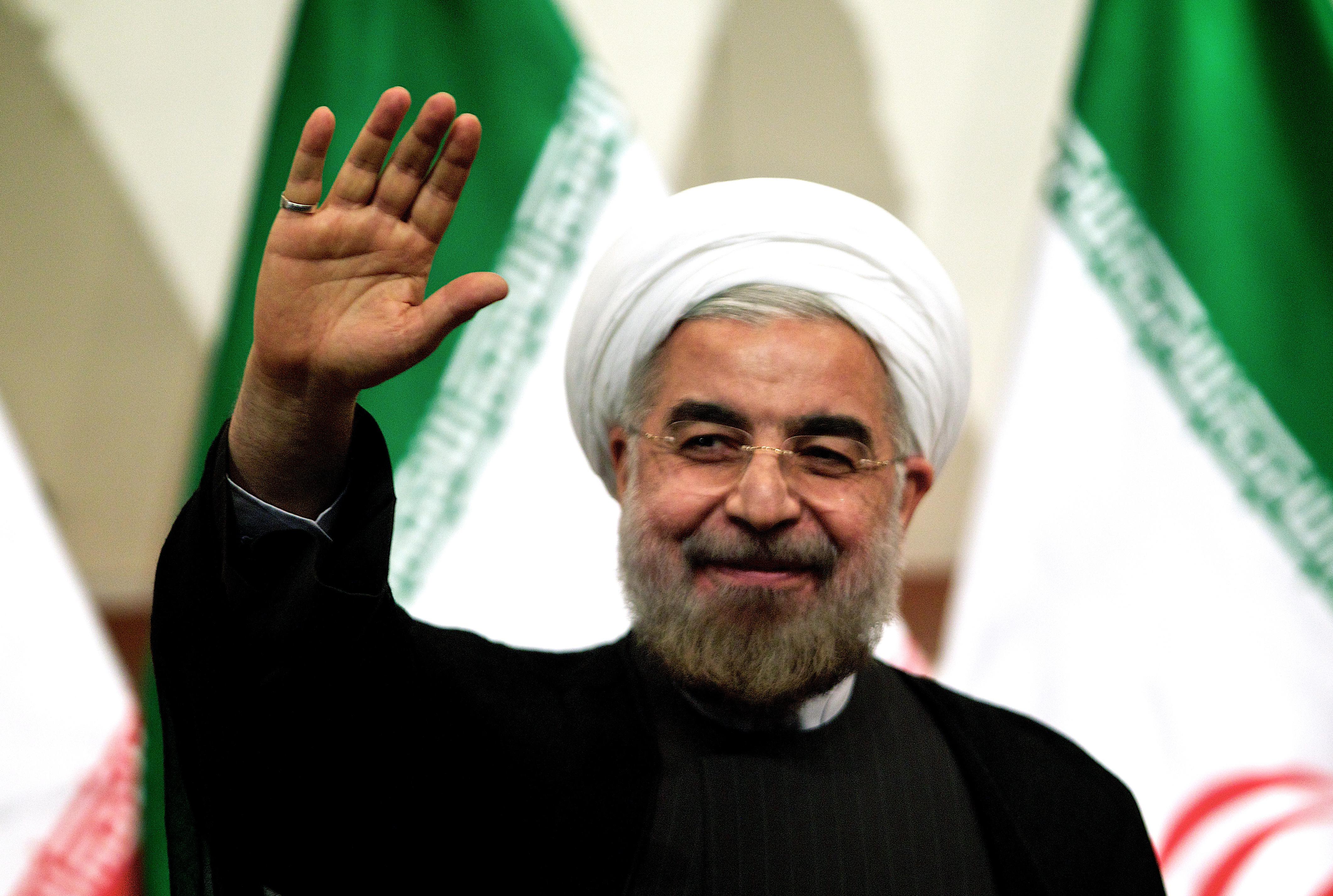For eight years, the public and political face of Iran was Mahmoud Ahmadinejad. Iran hawks in the United States couldn’t have asked for a better punching bag. He was diminutive, smarmy, anti-Semitic, Holocaust-denying, 9/11-denying, rambling and unpopular at home. (A friend of mine returned from a Tehran trip with a candle molded after the president). He had a way with words, even through the fog of translation—who can forget “wipe Israel off the map”?—that made him terrifying in TV ads.
Analysts and politicians who wanted to cool down rhetoric toward Iran attempted to use Ahmadinejad, too. Was he the elected president? Yes. But he wasn’t the Supreme Leader. Ahmadinejad clashed with Iran’s real rulers, losing byzantine “power struggles,” and proving that his word wasn’t definitive.
Ahmadinejad’s on his way out. The new president of Iran will be Hassan Rouhani, who won an election unmarred by 2009-style protests. Since he won, he’s been portrayed in the West as a “moderate cleric.” That frustrates American activists and analysts who believe that engagement is a lost cause. Wasn’t it just a week or so ago that “the president of Iran didn’t matter,” and that the mullahs ran the country?
“What frustrated the pro-engagement crowd about Ahmadinejad wasn’t so much the content of his message but the way it made their job so much harder,” says Noah Pollak of the Emergency Committee for Israel. “Their goal has never really been to stop the nuclear program, but to box the U.S. into a diplomacy-only strategy that gives the regime space to acquire nuclear weapons. The reason they’re now insisting Rouhani is a ‘moderate’ is because they want to revive that strategy.”
For hawks that’s a nightmare scenario. Over at the Tower, Avi Issacharoff is collecting opinions from Iran critics, who think the regime pulled a fast one. “Victory for a candidate who is perceived as more moderate yet still has the confidence of Khamenei, serves the regime in the best way,” Israeli professor Soli Shahvar tells him.* “Externally, Iran today is in a very difficult situation with regard to sanctions and its international standing. A conservative president would only have increased Tehran’s isolation in the world. A victory for someone from the ‘moderate stream,’ however, will immediately bring certain countries in the international community to call for ‘giving a chance to dialogue with the Iranian moderates.”
Correction, June 17, 2013: This post originally misspelled Soli Shahvar’s first name.
